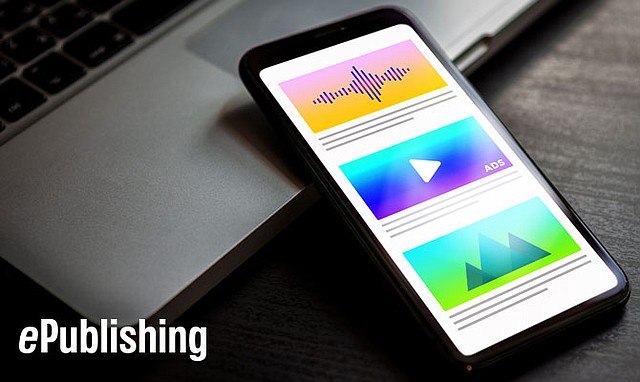Building an EVENTful Revenue Stream
Monday, June 16, 2014
We talk a lot about revenue diversity. And you probably know the value of consistently developing multiple sources of revenue to accommodate the changing world of publishing. In fact, a recent survey shows a significant shift coming in the next 5 years:
Right now, print is still the leading revenue stream for publishers, but digital is close behind, followed by events and lists. Yet, down the road, digital will likely overtake print and events will more than double. Launching events is already a priority in the next 12-18 months for up to 40% of respondents surveyed.
If you haven’t already, it might be time to consider events as a revenue stream—or improving the events you already have in your quiver, as part of your content strategy. Carl Landau of Niche Media recently shared some practical insight on planning, marketing and hosting your events. He says that successful events come down to three things:
- Creating quality networking opportunities
- Maximizing sponsorships and exhibits
- Effective marketing
He also shared several tips for making that happen. Here are our five favorites:
- Plan at least 18 months in advance (and build excitement one year ahead).
- Engage local industry professionals in the planning process and get them on board early.
- Treat your sponsors like gold and help to keep them invested along the way.
- Identify deadlines, communicate them and stick to them.
- Make it fun with themes, music and active, social venues (avoid hotels and trade show floors).
Of course, we’re also on the same page with Carl about the event-related activities that tie into your website and CMS—not just because that’s what we do, but because we love to see a revenue strategy executed to its fullest potential. When the pieces work together, revenue opportunities that you may never have realized begin to emerge. Here are a few ways that events tie to the overall strategy:
- Your system automatically gathers demographic and marketing data about event attendees and audience members. As attendees register for specific sessions, they enhance their profile in your audience database with content and format preferences. Synchronizing this data with your master database will enable you to engage attendees - even those who are not your customers - with targeted, relevant offers and content, in the future.
- Video interviews with event speakers can build interest and excitement in the event, but also develop the audience and increase traffic to your site.
- Along with video, blogs written by speakers, sponsors or event staff also build interest and traffic. Both are a way to keep the event at top of mind, without overt advertising techniques.
- Webinars and podcasts with speakers and sponsors can additionally build interest in the event and are great for lead generation.
- Customized event sponsorships can include customized content on your site—whether in directories, articles or ads—helping your sponsor to reap greater benefits from their sponsorship, earlier and for longer. This will also encourage them to engage more in the event promotion and activities.
- Automated eNewsletter and subscription lists can be segmented and used for more direct, specific and relevant event promotion.
- Individualization of your existing audience data can help you to avoid bombardment of potential attendees and reach people when and how they want to be reached. It also allows that more personal touch in communication.
- Automated event registration will make more time for you to focus on the details of the event, without worrying about managing registrations and administrative activities. Event reminders and confirmations can be sent easily.
- You can update information for your attendees list at one time, so that you have more time to communicate with sponsors, attendees, speakers and your events team, directly.
- Custom event sections on your website allow you to feature event activities and relate them to other relevant content on your site.
- Social sharing helps build interest in your events while events increase social sharing of your content and help you reach a larger audience.
Now that we’ve got you thinking, when is your next event?
